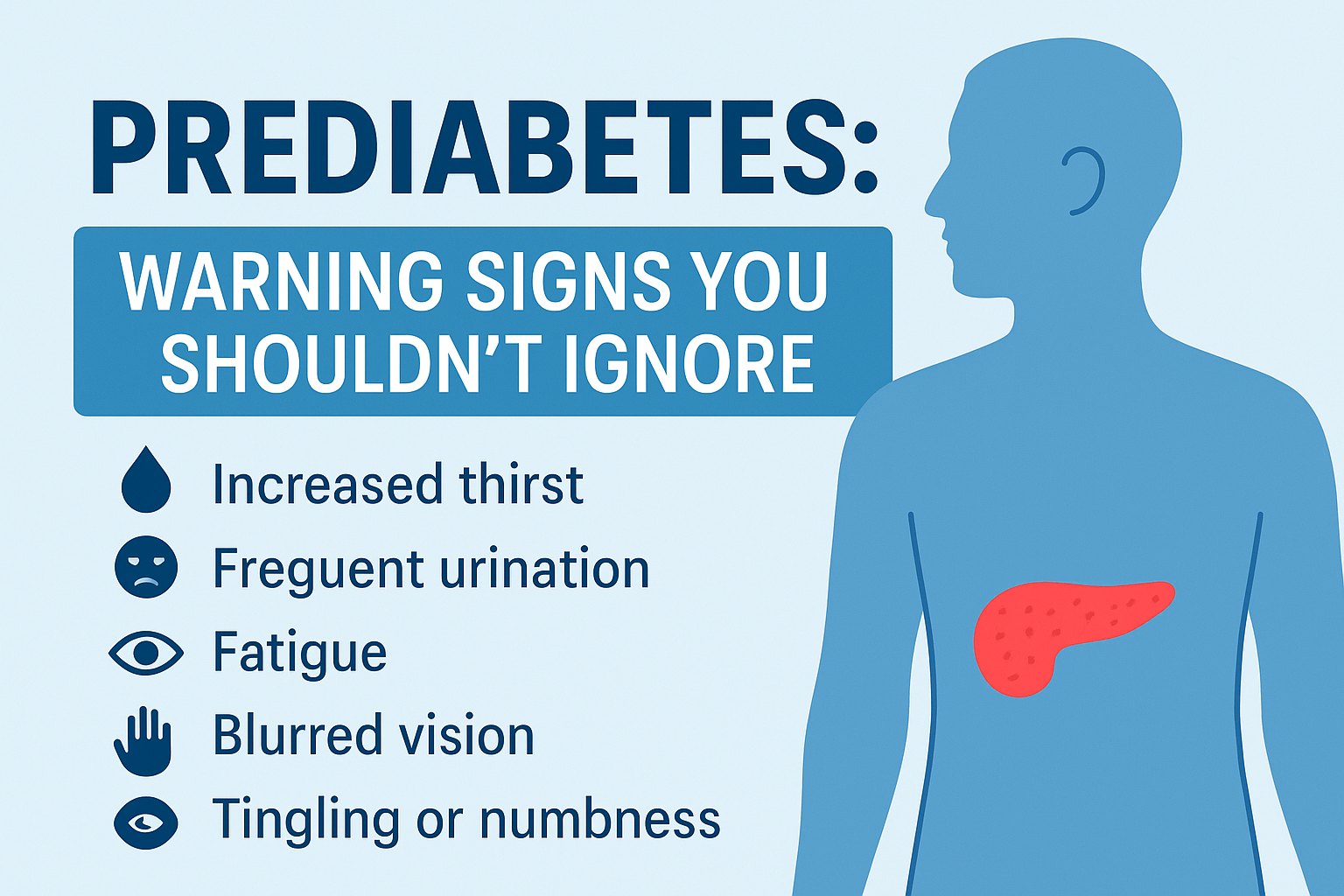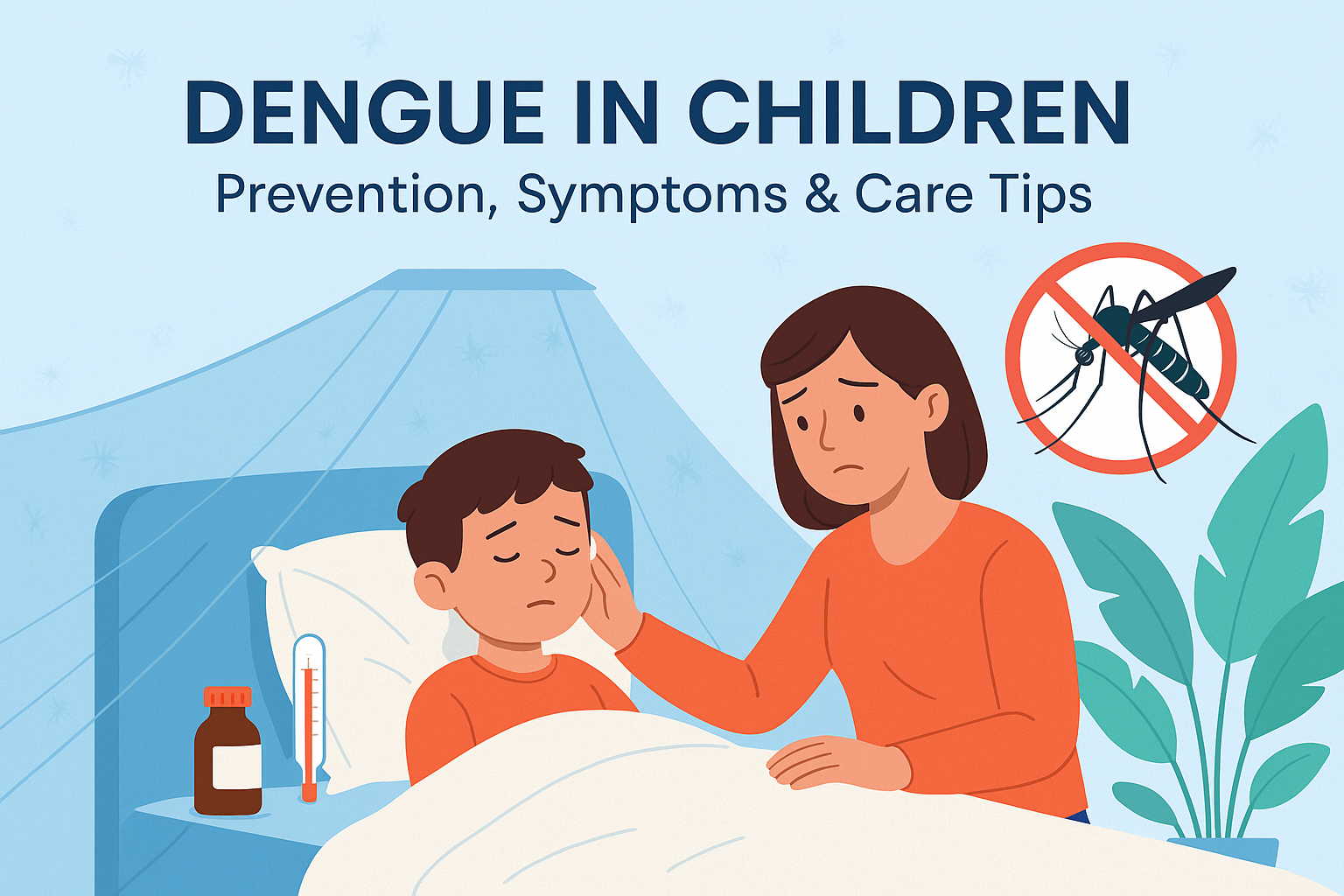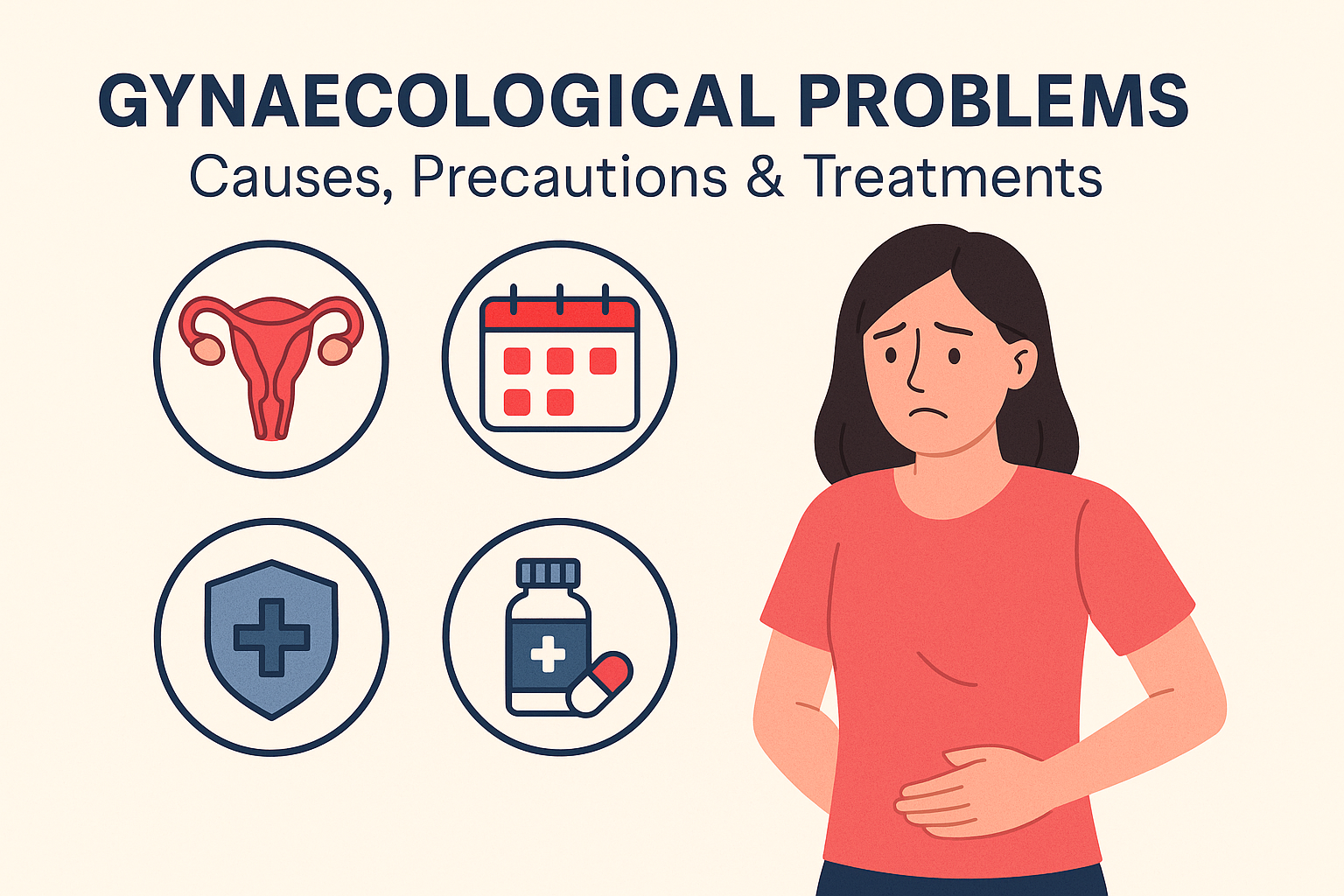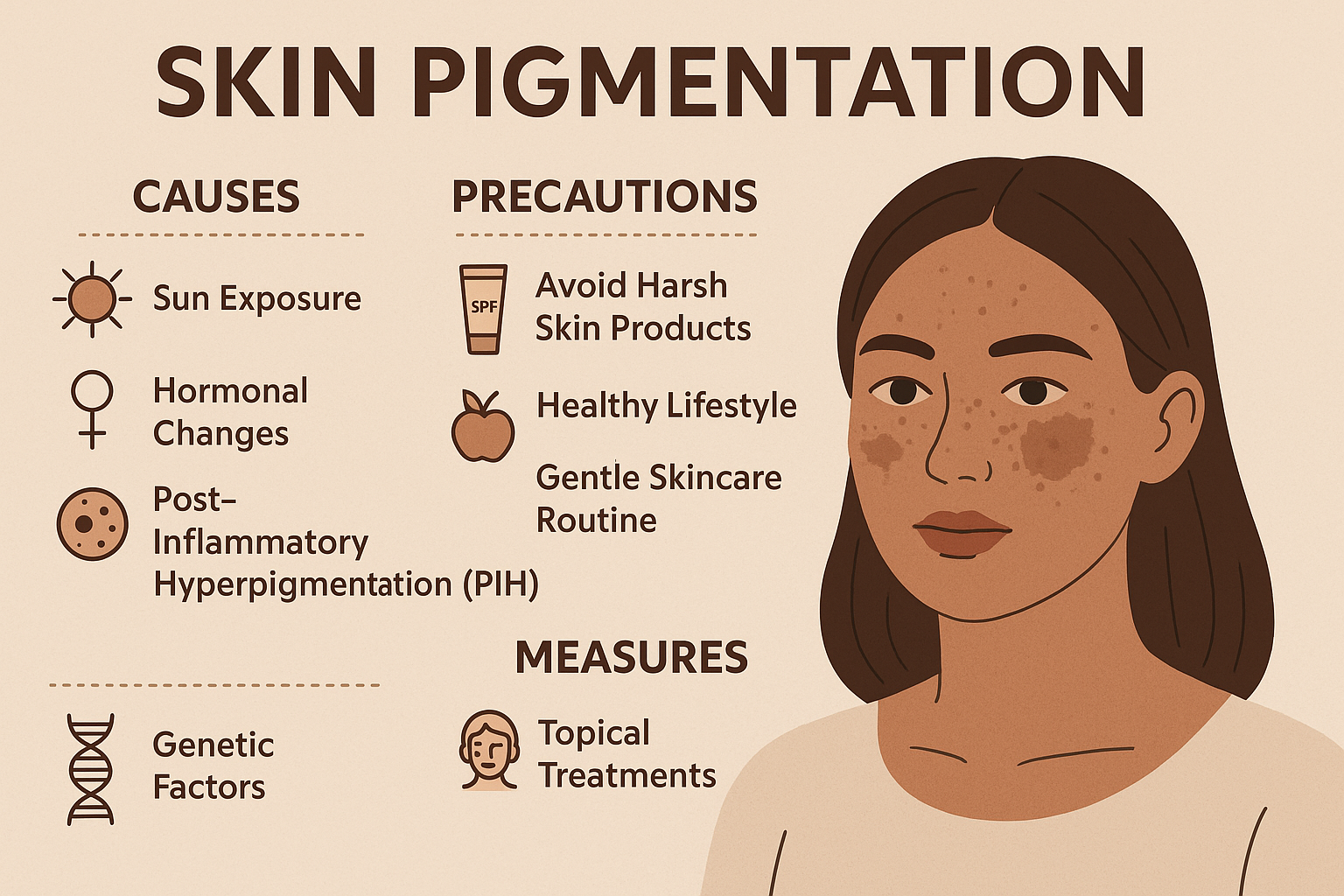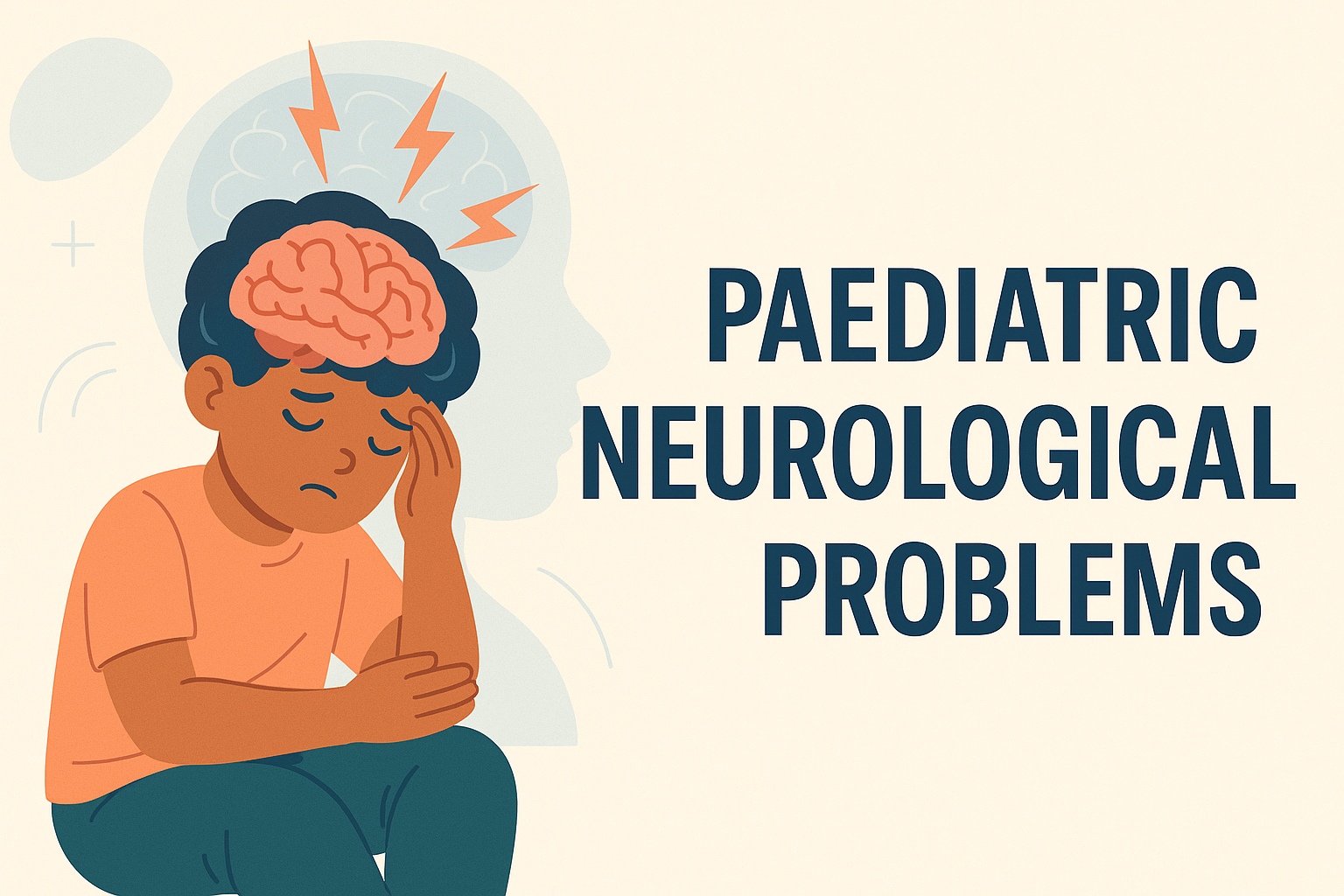The Most Common Gynecological Problems:
One of the most common gynecological problems affecting women worldwide is menstrual disorders. Menstrual disorders encompass a range of irregularities in the menstrual cycle, including abnormal bleeding, missed periods, heavy periods (menorrhagia), and painful periods (dysmenorrhea). These disorders can significantly impact a woman’s quality of life and reproductive health.
Abnormal uterine bleeding (AUB) is a prevalent menstrual disorder characterized by irregular, unpredictable, or excessive bleeding that differs from a woman’s normal menstrual pattern. Causes of AUB can vary and may include hormonal imbalances, uterine fibroids, polyps, adenomyosis, endometrial hyperplasia, or certain medications.
Dysmenorrhea, or painful menstruation, is another common gynecological problem experienced by many women. Primary dysmenorrhea, which occurs without an underlying medical condition, is typically caused by prostaglandin release during menstruation, leading to uterine contractions and pain. Secondary dysmenorrhea is associated with underlying conditions such as endometriosis, adenomyosis, pelvic inflammatory disease (PID), or fibroids.
Menorrhagia, characterized by heavy menstrual bleeding lasting longer than seven days or requiring frequent changing of sanitary products, affects a significant number of women and can lead to anemia, fatigue, and other complications if left untreated. Causes of menorrhagia include hormonal imbalances, uterine fibroids, polyps, adenomyosis, blood clotting disorders, or pelvic inflammatory disease.
Polycystic ovary syndrome (PCOS) is another prevalent gynecological disorder affecting women of reproductive age. PCOS is characterized by hormonal imbalances, ovarian cysts, irregular menstrual cycles, and symptoms such as hirsutism (excessive hair growth), acne, weight gain, and infertility. PCOS increases the risk of complications such as type 2 diabetes, cardiovascular disease, and endometrial cancer.
Endometriosis is a chronic gynecological condition characterized by the growth of endometrial tissue outside the uterus, leading to inflammation, scarring, and pelvic pain. Endometriosis can cause menstrual irregularities, dysmenorrhea, dyspareunia (painful intercourse), and infertility. It affects millions of women worldwide and can significantly impair their quality of life.
Addressing menstrual disorders and other gynecological problems requires a comprehensive approach that may include medical history assessment, physical examination, laboratory tests, imaging studies, and, in some cases, minimally invasive procedures or surgery. Treatment options vary depending on the underlying cause and may include hormonal medications, nonsteroidal anti-inflammatory drugs (NSAIDs), oral contraceptives, hormone-releasing intrauterine devices (IUDs), lifestyle modifications, or surgical interventions. Early diagnosis and appropriate management of gynecological problems are essential for improving women’s health outcomes and overall well-being.


